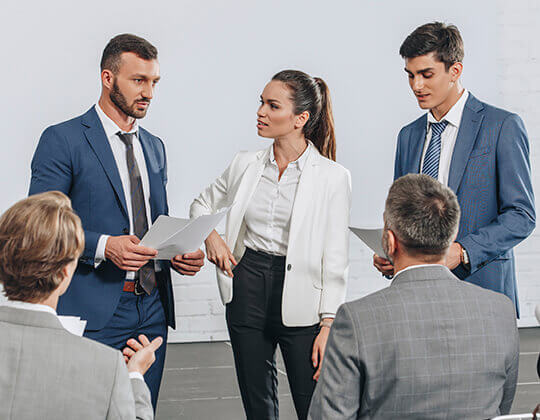Training Details
Rules for dealing with the masses.
Security ethics.
The relationship of police department officers with other officers and civil servants.
The relationship of department officers with members of parliament.
- The relationship of the department officers with the officers of the armed forces who frequent the departments.
The relationship of police department officers with public prosecutors.
- The work of the judicial police in the departments (receiving notifications, attachments to minutes papers, inspections of accidents, and seizure, how to seize and dealing with those seizures in a highly technical way).
Movement of important relationships.
- The important books in the departments and the methods of their entry.
- How to deal with detainees in the custody of the department.
How to deal with police observers in the department's office or in their homes.
How to deal with suspects.
- Tricks of people working in shifts.
- Police ambushes, how to choose the location of the ambush, the system of work with it, and the rules of suspicion.
Security patrols and their rules.
- Security traffic and its rules.
Inspection of suspicious cars.
Security situations and how to deal with them:
- (A citizen injuring himself, a detainee setting fire to the police station, a citizen climbing into the wireless tower and threatening to kill himself, a person escaping from detention, a woman taking off her clothes in al-Nubatjia, the death of a citizen in al-Nubatjia, refusing to sign a report)
- Common mistakes of officers on duty.
How to write a security report.
